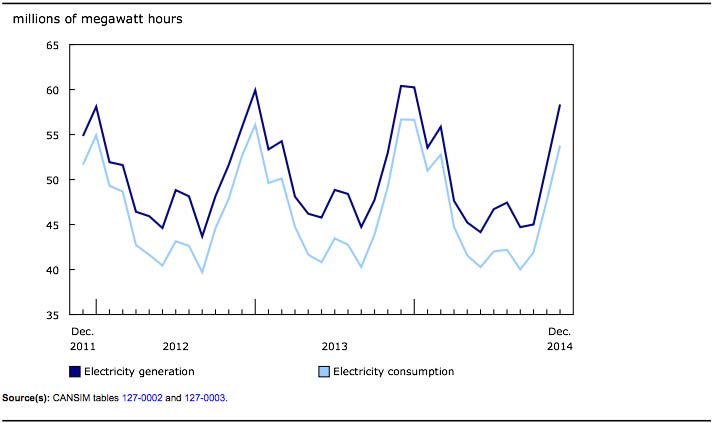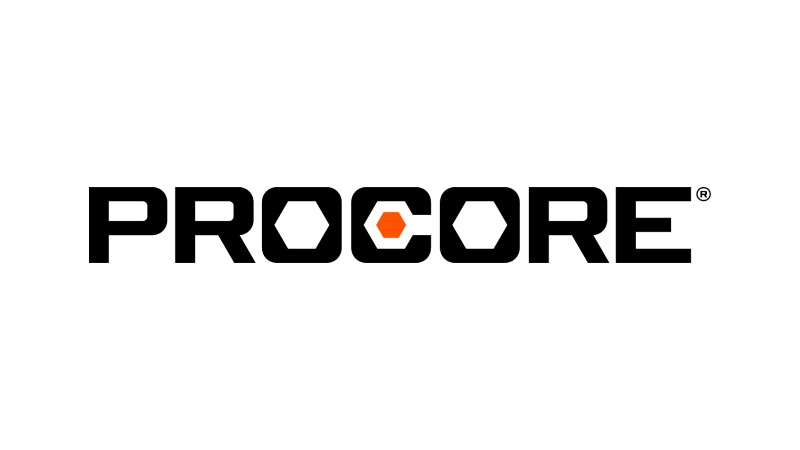Où sont les vendeurs de demain?

Un article publié récemment dans le Wall Street Journal partageait les résultats d’un projet de la Business School de Harvard sur la compétitivité et montrait que les emplois techniques dans le domaine des ventes et de la gestion des ventes sont parmi les postes les plus difficiles à combler. Une hypothèse qui se dégage serait que les jeunes et futurs vendeurs recherchent une carrière plutôt que de voir les ventes comme une carrière. Voyons de plus près.
Dans l’industrie électrique, les hypothèses de ce projet peuvent se transposer ainsi.
– Il est possible que les experts de la vente qui seront embauchés n’aient pas d’expérience dans l’industrie. Vous aurez donc de la formation de produits à faire.
– Le rôle du vendeur pourrait avoir à être restructuré, possiblement pour y inclure du développement des affaires, de la gestion de comptes, etc. Le rôle auprès du client risque de changer.
– Vous pourrez avoir à vous tourner vers des grandes firmes de recrutement.
A February 3 article in The Wall Street Journal titled “Bright Future in Sales Millennials are Hesitant” shared results from a Harvard Business School U.S. competitiveness project that stated that technical sales and sales management jobs are among the hardest to fill.
The article hypothesizes why and also states that companies are addressing the issue by segmenting the role into teams (prospecting, account management, specialists, etc.) and using multiple sales channels (inclusive of eCommerce sites as customers see a lesser need for interacting with a salesperson if they know what they want). The article also states that millennial salespeople want career paths rather than viewing sales as a career.Additionally, these roles are undergoing turnover faster than ever before as individuals jump from company to company and sometime from industry to industry.
So, from an electrical industry viewpoint, here’s what this could mean:
• You may be hiring salespeople who don’t have industry experience.You may need to consider hiring based on soft skills or experience calling on comparable industries / companies, and then need to train new hires on product basics.
• Sales roles may need to be restructured. Perhaps there are business development roles, account management roles, major account roles, more specialists, etc.The model may change and the “customer contact” may be more of an “orchestra leader” than a “one-stop shop” knowledge base.
• Larger firms may become the trainers for your next sales people. Larger companies have more resources for recruitment and training. “Recruiting” from others may become more profitable if you can show them greater opportunity (financial, role, territory, flex-time, freedom, input, etc.)
And sales skill sets are evolving. There is more of a demand for critical thinkers, solution-identifiers, problem solvers, and collaborators.
In an industry that is aging, trying to retain the model of yesteryear and hiring people who mimic what you already do may not work unless you hire only people from the industry. Tomorrow’s leaders will be developing their own staff, evolving HR (or requiring sales management) to be more creative and flexible recruiters. Training will be important, as is understanding customers’ changing buying dynamics.
What are you experiencing as you search for sales talent?
David Gordon is President of Channel Marketing Group. Channel Marketing Group helps manufacturers and distributors to accelerate growth while building shareholder value. Initiatives focus on strategic planning, marketing planning and marketing research. He can be reached at 919.488.8635 or dgordon@channelmkt.com










